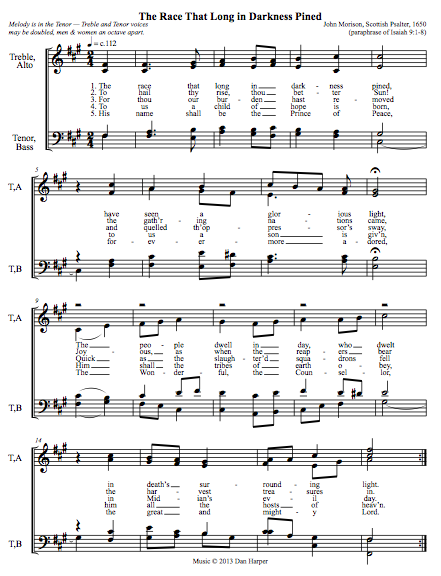We’re all hearing a great deal about how the 1963 March on Washington featured Martin Luther King, Jr.’s “I Have a Dream” speech. But I’ve been thinking about jobs and LGBTQ rights.
With Labor Day just around the corner, I’ve been thinking about how it was billed as a “March on Washington for Jobs and Freedom.” Shannon sent me a link to the Organizing Manual (you can view it online here) — and the Organizing Manual contained this passage about jobs and labor:
“Why We March
“We march to redress old grievances and to help resolve an American crisis.
“That crisis is born of the twin evils of racism and economic deprivation. They rob all people, Negro and white, of dignity, self-respect, and freedom. They impose a special burden on the Negro, who is denied the right to vote, economically exploited, refused access to public accommodations, subjected to inferior education, and relegated to substandard ghetto housing.
“Discrimination in education and apprenticeship training renders Negroes, Puerto Ricans, Mexicans, and other minorities helpless in our mechanized, industrial society. Lacking specialized training, they are the first victims of racism. Thus the rate of Negro unemployment is nearly three times that or whites.
“Their livelihoods destroyed, the Negro unemployed are thrown into the streets, driven to despair, to hatred, to crime, to violence. All America is robbed of their potential contribution. …
“The Southern Democrats came to power by disfranchising the Negro. They know that as long as black workers are voteless, exploited, and underpaid, the fight of the white workers for decent wages and working conditions will fail. They know that semi-slavery for one means semi-slavery for all.”
That’s something to think about on this Labor Day weekend. Maybe we haven’t come as far as we think we have in the last fifty years — with the salaries of the CEOs rising, and the middle class disappearing, these days many white workers are also entering semi-slavery….
And then one of the two names listed on the front page of the Organizing Manual is that of Bayard Rustin. He was crucial to making the March on Washington become a reality. But because he was openly gay, the others who were in charge felt they had to keep Rustin in the background. At least we’ve made some progress in the area of LGBTQ rights; today, they might even have let Rustin speak, or at least show his face on the speaker’s platform [but see Erp’s correction to this statement in the comments below].


